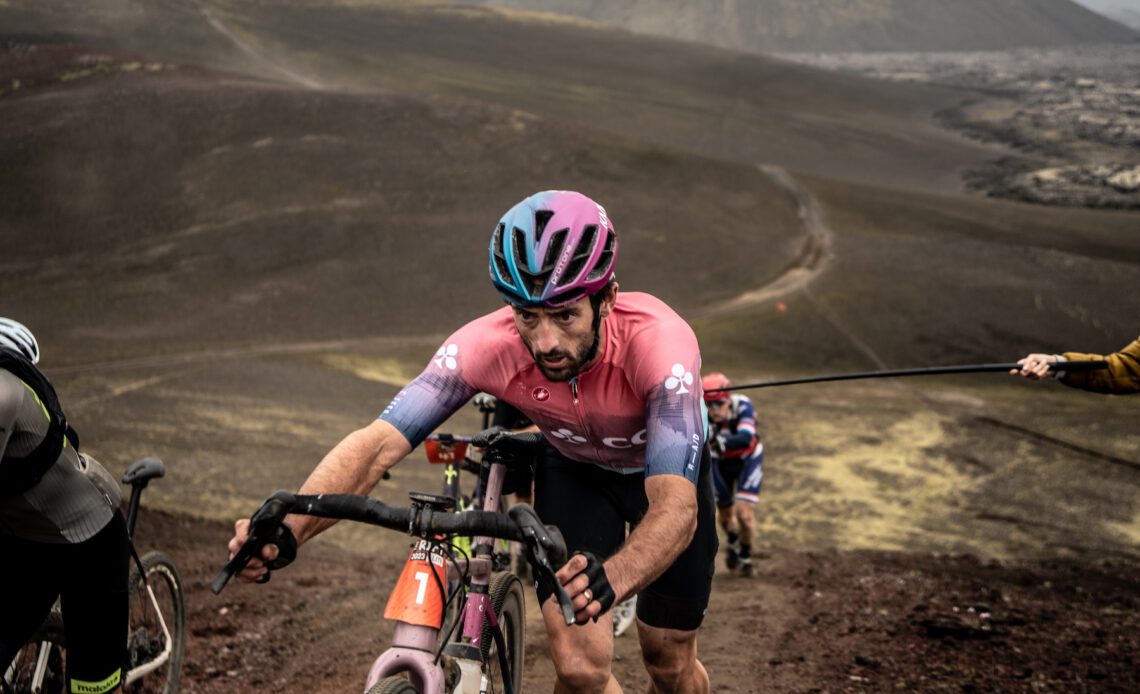The second UCI Gravel World Championships are just a few short weeks away. Will it play out like the first? Will we see more dedicated gravel riders coming into podium contention? And how do we all feel about it?
Last year, the inaugural UCI Gravel World Championships in Veneto were, for the most part, a huge success given the extremely late planning. The course received much criticism for being too much road and not enough gravel, which was perhaps a fair appraisal as most athletes rode on road bikes with slightly wider tyres.
However, the backstory few have mentioned is that the organisers had to throw the event together with very limited resources. Likely, we might see a similar scenario with the events that have unfolded in the last weeks.
PP Sport Events, the organisers of last year’s event (on a multi-year contract), had their management rights revoked for the event by the UCI just a month ago, leaving riders wondering if, and where, the event would take place. Thankfully, three weeks later but just three weeks before the race, a course was announced.
An impressive turnaround yet again, but one that’s left riders from around the world scrambling for last-minute flights, hotels and ground transport. Perhaps it won’t have a huge effect on the elite fields, but in the age group categories, I can’t imagine too many coming from outside of Europe this year.
So we have a new course, and new organisers, but perhaps some similarities to last year.
The course starts at Lago Le Bandie in Treviso, completing a 46km stretch towards Pieve di Soligo to pass the finish line for the first time. The race then completes multiple finishing circuits which feature some extremely steep climbs and a number of gravel sectors. The men’s elite race is 169km with almost 1,900 metres of elevation, whilst the women’s is 140km with 1,660 metres of elevation gain.
Both races have a particularly gruelling finish with a big climb 5k before the finish. The weeds will definitely be pulled out on that one, and we can only imagine a small select group coming together for the final moments.
Again, the course takes on a lot of paved sections, quite different to the full gravel courses those dedicated professionals are used to. Germany’s Paul Voss, winner of 2023’s The Traka, thinks that it is again going to be more like a road-suited course.
“There are gravel parts, and whilst we have really steep climbs, they are mainly on asphalt. So it’s still not the course we wish…
Click Here to Read the Full Original Article at CyclingNews RSS Feed…

